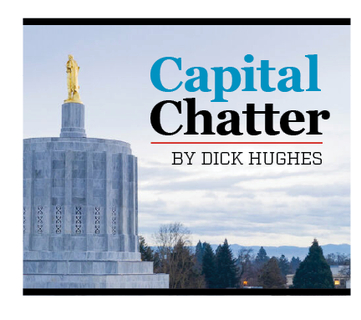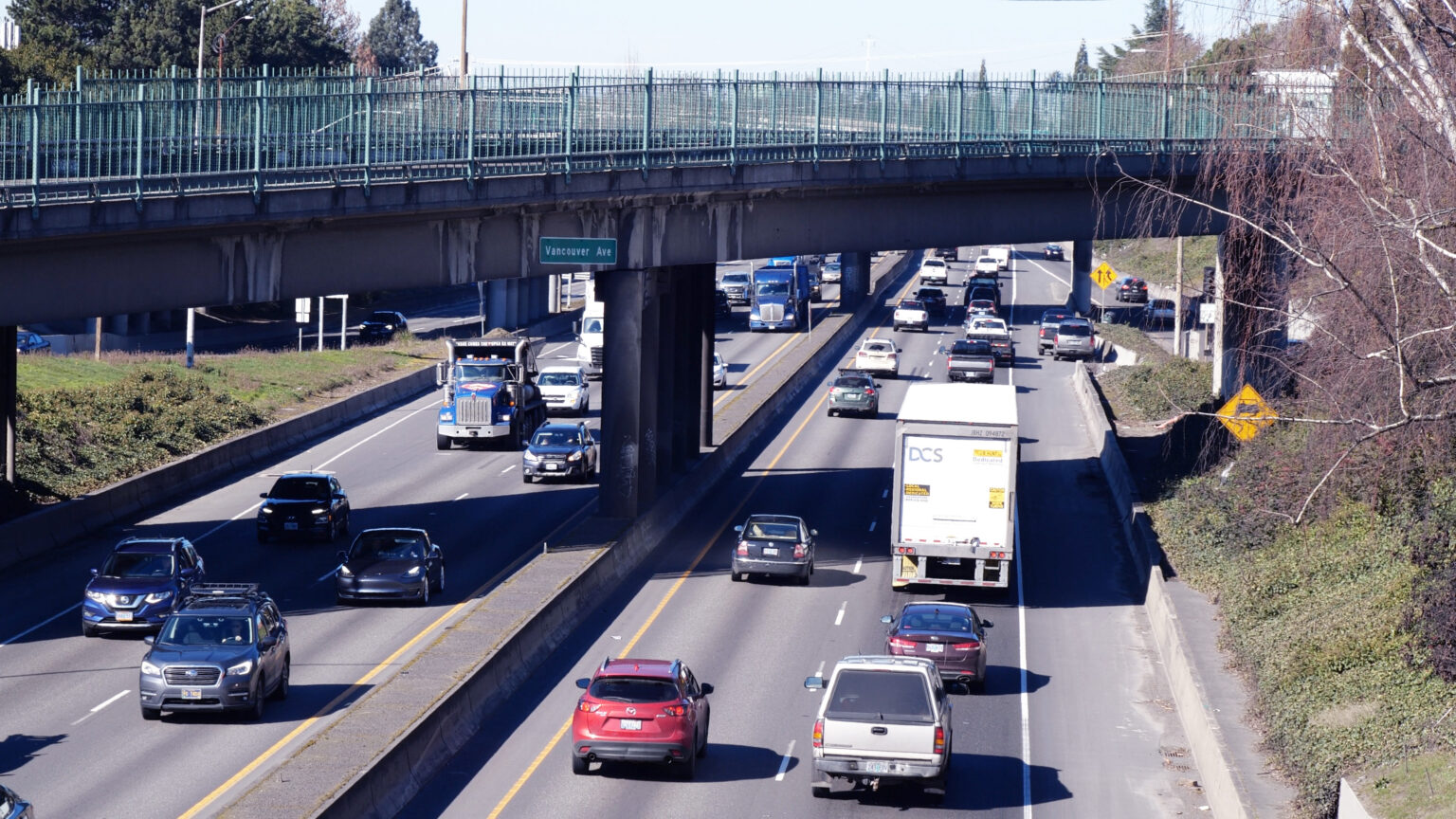Capital Chatter: How to engage the Legislature — and how the Legislature should engage itself
Published 5:17 pm Thursday, February 6, 2025
Rep. Rob Nosse, D-Portland, outraged Republicans last year by publicly stating the obvious after Democrats won supermajorities in the Legislature:
“That supermajority means that Democrats will not be held hostage by Republicans to pass needed tax increases. We can go it alone if we need to, provided we can muster all of us to vote the same way.”
Nosse followed up in January, telling constituents: “That is not necessarily the goal – raising taxes and raising them without Republican support. It is just that we can if we have to.”
So, what are Oregonians to do if they disagree with the Democrats’ agenda? I’ve been asking that question even before the 2025 Legislature convened in January.
It turns out that the advice – whether from Republicans, Democrats or middle-of-the-roaders – is to proceed the same as if there were no supermajorities: Get involved. Don’t wait on the sidelines.
Engage with the Legislature. Make proactive suggestions instead of being known only for opposing and complaining. That approach opens a legislator’s office door more often than if you’re a constant naysayer.
This is Lobbying 101, as one lobbyist told me. He advises his clients to always be contributing ideas to the legislative discussion – positive, proactive things that can be accomplished, instead of just fighting against things.
Pay attention to where bills sit and where they’re headed. Committee chairs hold immense power, deciding which bills will or won’t get a hearing. Show up to testify – in person, if possible – knowing that you might only get two minutes to tell your story. If you submit written testimony, make it personal instead of using a generic letter suggested by partisans or interest groups.
Politics is the art of relationships. As the late U.S. House Speaker Tip O’Neill famously said, all politics is local. Establish relationships with your own representative and senator. Then expand the circle to their colleagues.
Senate President Rob Wagner, D-Lake Oswego, spent much of the past year driving to the corners of Oregon, meeting Republican senators and their allies on their home turf.
At a briefing last month, Senate Republican Leader Daniel Bonham, of The Dalles, praised Wagner for walking into places where Democratic policies – and politicians – were unpopular.
“He really has invested energy and effort to get around the state,” Bonham said. “Rob Wagner went statewide and said, ‘Let me meet your family. Let me meet your friends. Let’s sit down and have a meal. Let me listen to a podcast with your grandmother.’”
Such interactions guarantee neither a smooth legislative session nor that a business-halting Republican walkout won’t occur. But the odds improve when politicians view their opponents as just that – opponents to be respected, not enemies to be vilified.
That is why Wagner started this year’s Legislature by encouraging senators to get to know one another – their life stories, their family, their interests and the communities they represent.
In contrast, that also is why Congress has become so dysfunctional. Senators and representatives work a few days each week, then immediately return to their home districts. They used to work longer, remain in Washington, D.C., and socialize across party lines.
Legislators and Gov. Tina Kotek largely agree on the key issues for this year’s session: housing and homelessness, behavioral health and public safety, roads and bridges, wildfire prevention, education, government accountability and funding the Oregon Health Plan.
Absent is unity on solutions.
“Oregonians themselves cannot afford the list of massive tax increases that have been proposed this legislative session, and what we can do is be a voice for those Oregonians,” House Republican Leader Christine Drazan, of Canby, said at the Republicans’ press conference on Thursday.
“This process is one that involves compromise and collaboration and really good communication across the aisle. So, we have to hope and believe that our colleagues on the other side of the aisle – [who] absolutely do have the votes to pass taxes if they choose to – would instead pause, work with us and serve those Oregonians who are saying they cannot afford these proposals today.
In the end, the 2025 Legislature’s success will rest on how the supermajority treats the minority.
And vice versa.
House Speaker Pro Tem David Gomberg, D-Otis, put it well in his constituent newsletter last week: “Democrats have a supermajority in both the House and the Senate. They could, if they wish, pass any bill, budget or tax without a single Republican vote. And if they did that, it would be wrong.
“Republicans, on the other hand, could leave it to the Democrats to sort out these difficult and politically fraught decisions, criticizing us each step of the way, and then poke at us next election season for the hard votes we needed to take. That would be wrong, too.
“The right way for Oregon will be if we find the will and courage to work together, negotiate, compromise and lead – together.”






